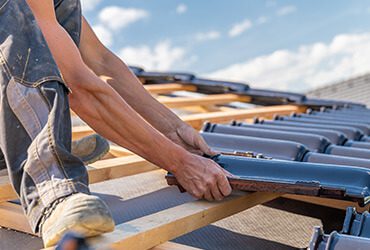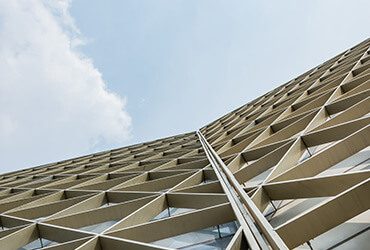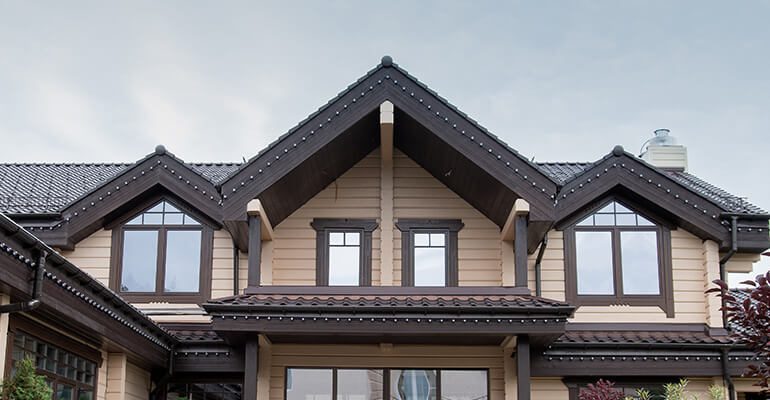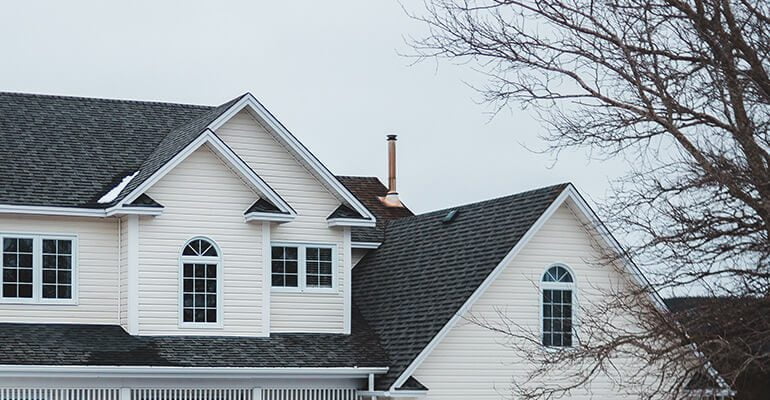Custom roofing design refers to the process of designing a roof that is tailored to the specific needs and preferences of the customer. This can include considering factors such as the size and shape of the building, the local climate, the style of the building, and the customer’s budget.
One of the benefits of custom roofing design is that it allows the customer to create a roof that is unique and meets their specific needs and preferences. For example, a customer might want a roof that is energy efficient, durable, and stylish. An expert roofing contractor with experience in custom roofing design can work with the customer to create a roof that meets these specific criteria.
Custom roofing design is an important consideration for any building owner or homeowner. In addition to meeting the customer’s specific needs and preferences, custom roofing design can also help to optimize the performance of the roof.
In addition to meeting the customer’s specific needs and preferences, custom roofing design can also help to optimize the performance of the roof. A well-designed roof can be more energy efficient, durable, and able to withstand the elements. It can also enhance the overall appearance of the building, adding value and curb appeal.
At Roofplan, we offer custom roofing design services to our customers. Our team of expert engineers has extensive experience in roof design and is skilled in creating custom solutions that meet the specific needs and preferences of each customer. We take into account factors such as the size and shape of the building, the local climate, the style of the building, and the customer’s budget to create a roof that is both functional and aesthetically pleasing.


In addition to custom roofing design, we also offer a wide range of roofing materials to choose from, including metal, slate, asphalt shingles, rubber, and more. Our team is knowledgeable in the use and installation of these materials and can help you choose the best option for your specific needs and budget.
Overall, custom roofing design is an important consideration for any building owner or homeowner. By working with an expert contractor like Roofplan, you can create a roof that meets your specific needs and preferences and enhances the overall performance and appearance of your building. If you are in need of a new roof or looking to update your existing roof, we encourage you to contact us for more information and to schedule a consultation with one of our expert engineers.





